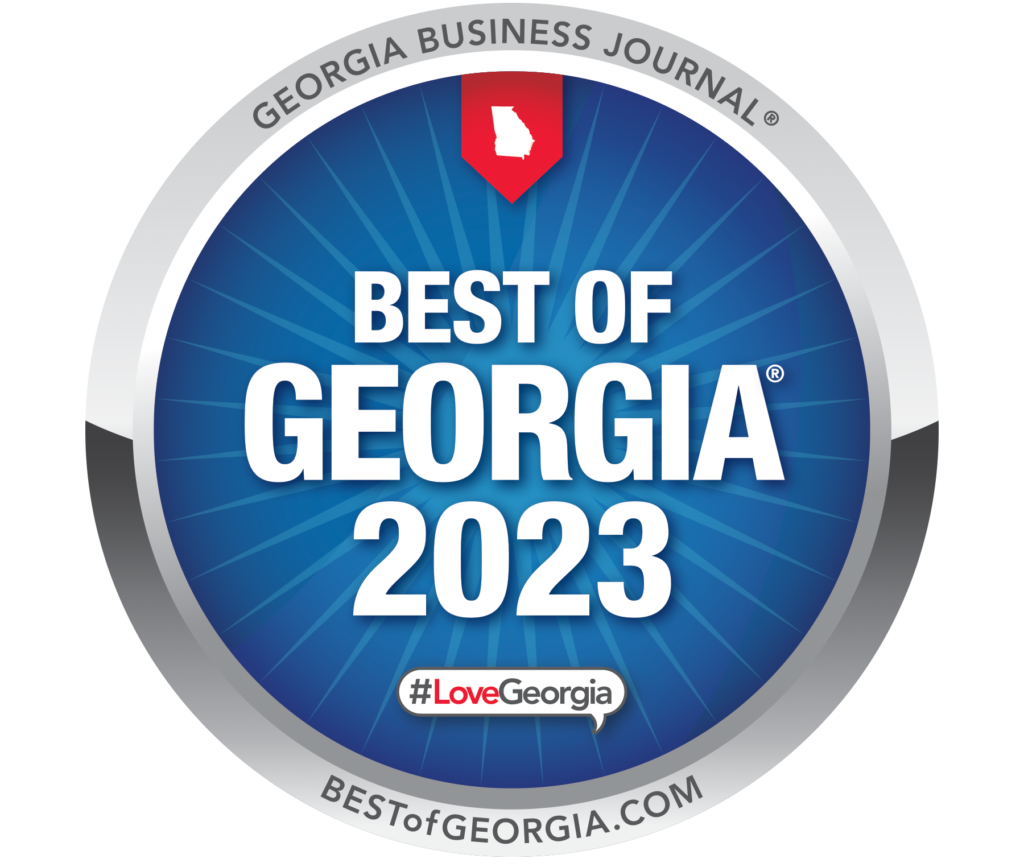There has been a flurry of coverage in the news this past fall and winter about banning books. According to the American Library Association’s Office for Information Freedom, there is now a 60% year to year increase in book challenges in American schools and libraries. Some experts believe that this sharp increase is due to the politicization of the practice of banning books, and not the books themselves, that has parents locked in controversy across the nation. In December, the National Coalition Against Censorship released a statement backed by over 600 signatories (including 50 bookstores, 17 publishers and 450+ authors, teachers and librarians) denouncing, “ongoing attempts to purge schools of books” as part of “a partisan political battle fought in school board meetings and state legislatures.” Statement supporters included the American Civil Liberties Union, Penguin Random House, Simon & Schuster, Scholastic, Macmillan, Abrams, the American Library Association, PEN America and the Authors Guild.
Of particular note, Simon & Schuster titles are facing bans and challenges increasingly by 46% in recent months. Putting his “pen” where his mouth is, Penguin Random House CEO Markus Dohle pledged about $500,000 for PEN America to combat threats of book bans and educational gag orders across the US. The Dohle Book Defense Fund is anticipated to provide support to communities where books are being challenged. According to PEN America, between January and September 2021, “24 legislatures across the United States introduced 54 separate bills intended to restrict teaching and training in K-12 schools, higher education, and state agencies and institutions. The majority of these bills target discussions of race, racism, gender, and American history.” While Simon & Schuster leads the fights against banning books, the Department of Justice meanwhile investigates the proposed acquisition of them by Penguin Random House. Maybe their good deeds will win some karma.
Lastly, the Maryland e-book law that would have taken effect January 1, 2022, was blocked by a court stating that the matter is one to be determined by Congress. We looked at Title 17, Section 108, which talks about limitations on exclusive rights under copyright by libraries, and the enabling words (that rates must be “reasonable”) is already there. So it would seem, that for now, there exists a statutory basis for libraries to get reasonable rates from publishers. Given that former Registrar Maria Pallante is now the American Association of Publishers President and CEO, she would be a diplomatic and ideal person to negotiate a template rate so that all libraries may move forward with all publishers under a comfortable rate. This is the same Pallante who advance the modernization of the copyright office years before it finally took place.




